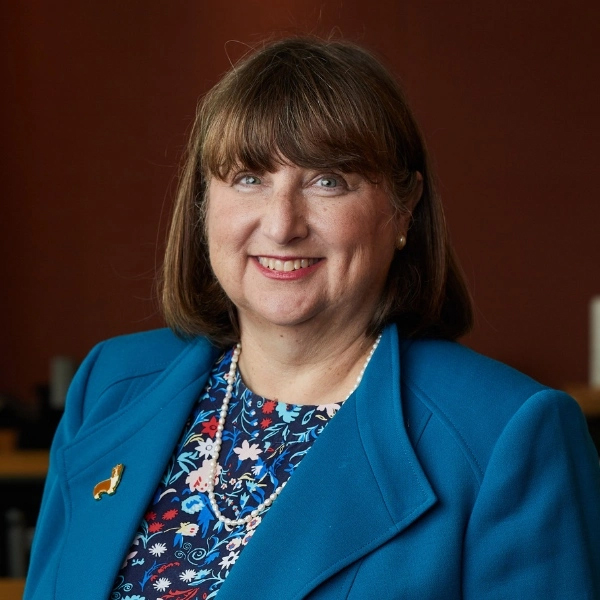[ad_1]
The Host
Ohio voters — in a uncommon August election — turned out in unexpectedly excessive numbers to defeat a poll measure that might have made it tougher to move an abortion-rights constitutional modification on the poll in November. The election was nearly a yr to the day after Kansas voters additionally shocked observers by supporting abortion rights in a poll measure.
In the meantime, the share of Individuals with out medical insurance dropped to an all-time low of seven.7% in early 2023, reported the Division of Well being and Human Companies. However that’s not more likely to proceed, as states boot from the Medicaid program thousands and thousands of people that acquired protection below particular eligibility guidelines in the course of the pandemic.
This week’s panelists are Julie Rovner of KFF Well being Information, Emmarie Huetteman of KFF Well being Information, Joanne Kenen of the Johns Hopkins Bloomberg Faculty of Public Well being and Politico, and Rachel Roubein of The Washington Publish.
Among the many takeaways from this week’s episode:
- It mustn’t have come as a lot of a shock that Ohio voters sided with abortion-rights advocates. Abortion rights thus far have prevailed in each state that has thought-about a associated poll measure because the Supreme Courtroom overturned Roe v. Wade, together with in politically conservative states like Kentucky and Montana.
- Reasonable Republicans and independents joined Democrats in defeating the Ohio poll query. Opponents of the measure — which might have elevated the edge of votes wanted to approve state constitutional amendments to 60% from a easy majority — had not solely cited its ramifications for the upcoming vote on statewide abortion entry, but additionally for different points, like elevating the minimal wage.
- A Texas case about exceptions below the state’s abortion ban awaits the enter of the state’s Supreme Courtroom. However the painful private experiences shared by the plaintiffs — notable partially as a result of such non-public tales have been as soon as scarce in public discourse — pressed abortion opponents to deal with the implications for ladies, not fetuses.
- The uninsured fee hit a document low earlier this yr, a milestone that has since been washed away by states’ efforts to strip newly ineligible Medicaid beneficiaries from their rolls because the covid-19 public well being emergency ended.
- The promise of diabetes medicine to help in weight reduction has attracted loads of consideration, but with their excessive worth tags and protection points, one thorny impediment to entry stays: How might we, individually and as a society, afford this?
- Lawmakers are asking extra questions in regards to the nature of nonprofit, or tax-exempt, hospitals and the care they supply to their communities. However they nonetheless face an uphill battle in difficult the highly effective hospital business.
Additionally this week, Rovner interviews Kate McEvoy, government director of the Nationwide Affiliation of Medicaid Administrators, about how the “Medicaid unwinding” goes as thousands and thousands have their eligibility for protection rechecked.
Plus, for “additional credit score” the panelists recommend well being coverage tales they learn this week that they assume you must learn, too:
Julie Rovner: KFF Well being Information’ “How the Texas Trial Changed the Story of Abortion Rights in America,” by Sarah Varney.
Joanne Kenen: Fox Information’ “Male Health Care Leaders Complete ‘Simulated Breastfeeding Challenge’ at Texas Hospital: ‘Huge Eye-Opener’,” by Melissa Rudy.
Rachel Roubein: Stat’s “From Windows to Wall Art, Hospitals Use Virtual Reality to Design More Inclusive Rooms for Kids,” by Mohana Ravindranath.
Emmarie Huetteman: KFF Well being Information’ “The NIH Ices a Research Project. Is It Self-Censorship?” by Darius Tahir.
Additionally talked about on this week’s episode:
To listen to all our podcasts, click here.
And subscribe to KFF Well being Information’ “What the Well being?” on Spotify, Apple Podcasts, Pocket Casts, or wherever you hearken to podcasts.
[ad_2]




